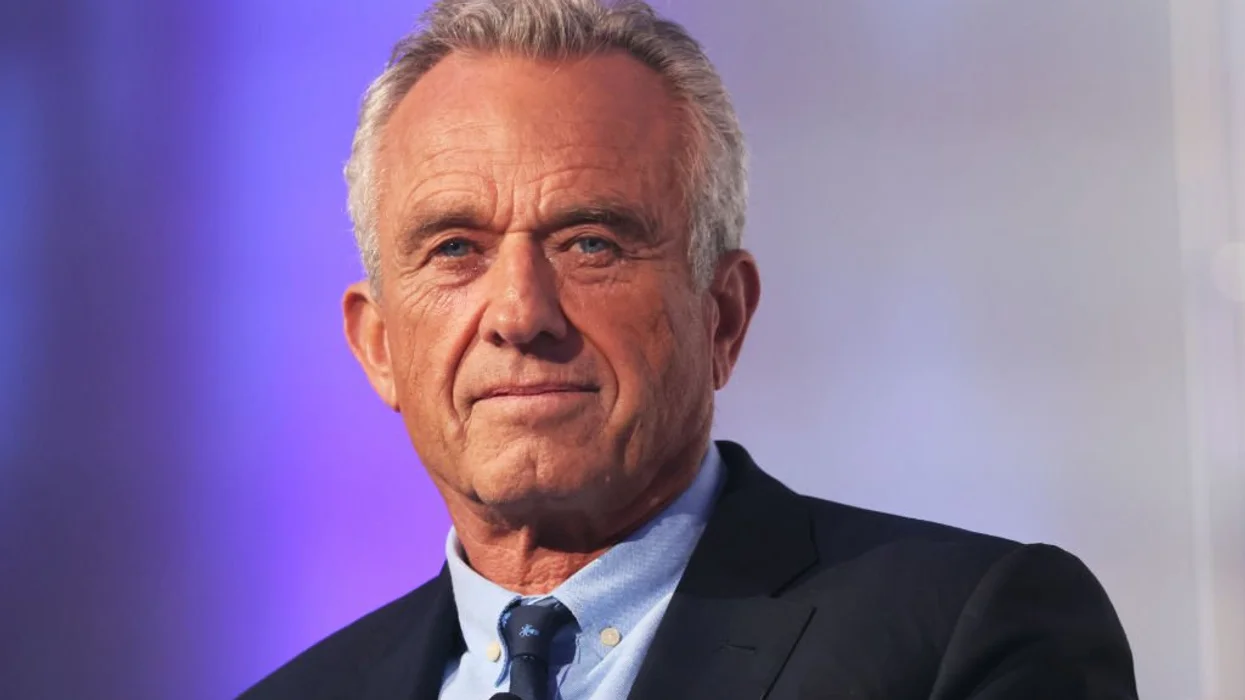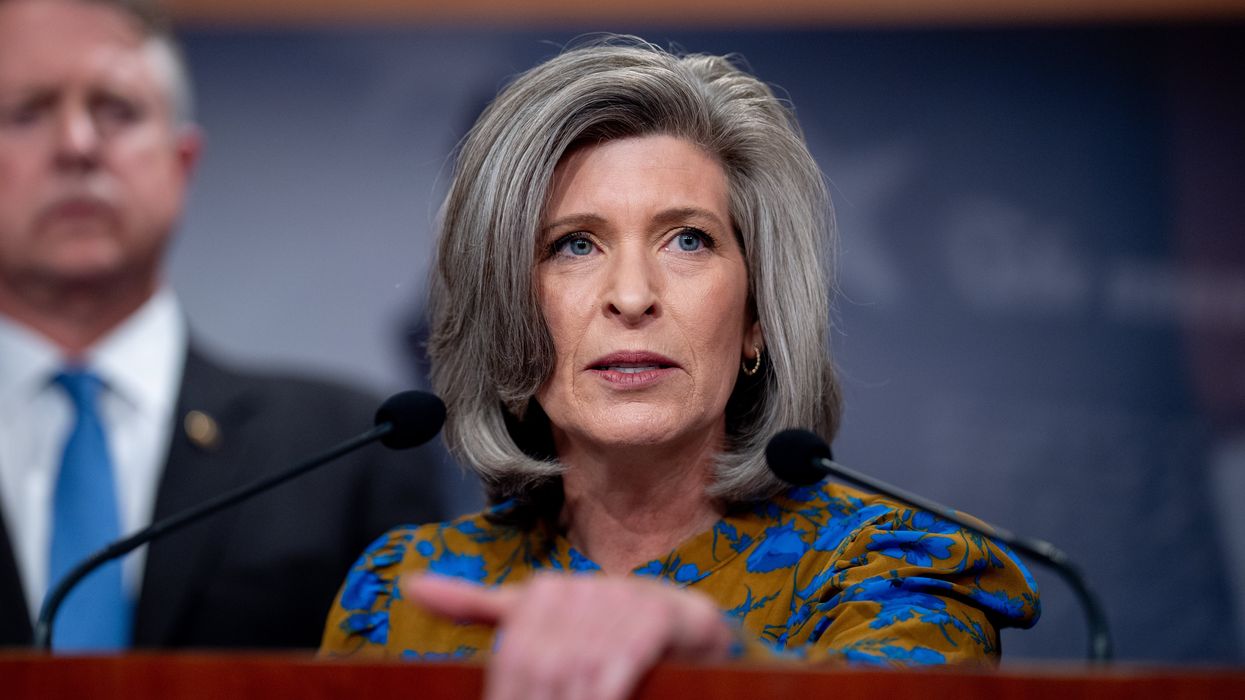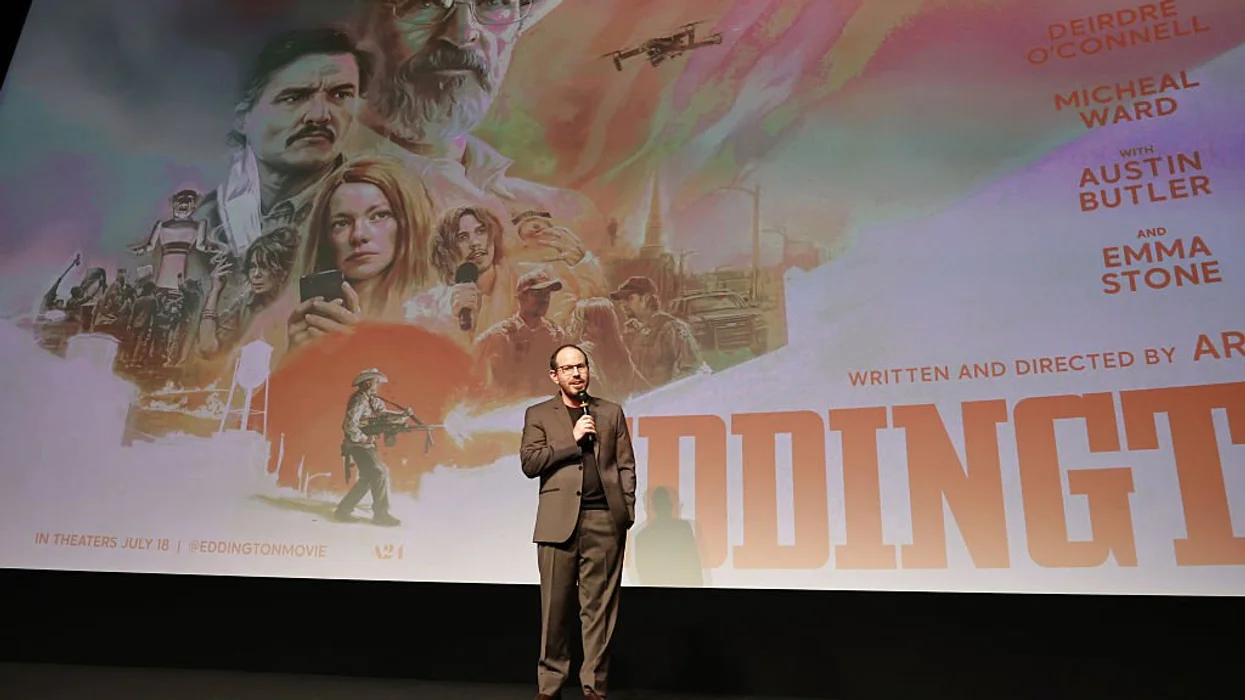
© 2025 Blaze Media LLC. All rights reserved.
Obama Administration Official Urges Cable Providers to Carry Al-Jazeera
February 14, 2011
As unrest erupted in Egypt, the Al-Jazeera network gained international fans in the United States for its live streaming coverage from Cairo. But while many Americans tuned-in to the Al-Jazeera broadcasts, many media watchdogs warned against rewarding the controversial network with viewership.
Fox News' Bill O'Reilly recently hosted a heated discussion on whether Al-Jazeera should be "praised" for its coverage, which often includes anti-American and anti-Semitic rhetoric:
Glenn Beck also recently noted the network's anti-American bias:
It comes as somewhat of a shock, then, to see an official of the Obama administration openly encouraging American cable companies to carry Al-Jazeera. But Homeland Security Assistant Secretary Juliette Kayyem pleaded in a Boston Globe op-ed Monday, "Let us see Al-Jazeera."
For the past few weeks, a parallel plot line to the revolutions in the Arab world has been playing out in the media. With rare exceptions, the largest American cable and satellite providers simply do not provide viewers access to Al Jazeera English, the cousin to the powerful Qatar-based world news network. AJE has launched a full-fledged campaign - including advertisements quoting, of all people, major US news figures - to convince cable carriers to open their programming. But most have declined: Burlington, Vt., is the closest city to Boston where viewers can see the network on television.
AJE's battle with the cable carriers is major news in the Middle East. Not carrying the network sends a message to the Arab world about America's willingness to accept information, unfiltered, from the very region we spend so much time talking about. These television wars began not in Tunisia or Egypt, but in Iraq.
In the midst of the Iraq war, in 2004, the Bush administration devised a $500 million station named Alhurra, roughly (and ironically) translated from the word “the free one’’ in Arabic. Created on the false assumption that the Arab world had little access to information from the outside world, the goal was to provide a different worldview than Arab outlets such as Al Arabiya and Al Jazeera offered, or, as President Bush announced in his State of the Union that year, “to cut through the barriers of hateful propaganda, a new television service will begin providing reliable news and information across the region.’’ (Then-Secretary of Defense Donald Rumsfeld used to verbally accost Al Jazeera’s war coverage as “vicious, inaccurate, and inexcusable.’’)
Nine days after President Obama took office in 2009, he sat down to an interview with Al Arabiya, the Saudi television network, to signal a new relationship with the Arab world while snubbing Alhurra. For the Arab world, what he said was almost secondary to where he chose to say it.
Kayyem goes on to suggest that in failing to carry Al-Jazeera's programming, American cable companies are snubbing the Arab world a la the Bush administration.
In contrast, Kayyem praises Al-Jazeera for "masterfully" covering the events in Tunisia and Egypt.
It may be that, given AJE’s relationship wth the Bush administration, cable providers fear it is merely anti-American propaganda. But the remarkable aspect of AJE is how little its coverage of the Egyptian crisis has been about the United States.
Kayyem admits that "if I watched long enough," Al-Jazeera's clear biases and anti-Semitic rhetoric would be more obvious. "But that basically describes my relationship with most cable news hosts," she says, "yet there they are, night after night."
James Zogby, in his book “Arab Voices,’’ highlights how American companies such as Cisco, Starbucks, and ExxonMobil have made important contributions to public diplomacy by shaping and promoting engagement in the Arab world. US cable companies ought to do the same by bringing a major player in the Arab world to American audiences.
The events in Egypt, culminating in President Mubarak’s exit, are the beginning of an unpredictable narrative in the Middle East. American news outlets will return home. But, the story continues throughout the region. If only we could tune in live.
(h/t American Thinker)
Want to leave a tip?
We answer to you. Help keep our content free of advertisers and big tech censorship by leaving a tip today.
Want to join the conversation?
Already a subscriber?
more stories
Sign up for the Blaze newsletter
By signing up, you agree to our Privacy Policy and Terms of Use, and agree to receive content that may sometimes include advertisements. You may opt out at any time.
Related Content
© 2025 Blaze Media LLC. All rights reserved.
Get the stories that matter most delivered directly to your inbox.
By signing up, you agree to our Privacy Policy and Terms of Use, and agree to receive content that may sometimes include advertisements. You may opt out at any time.





